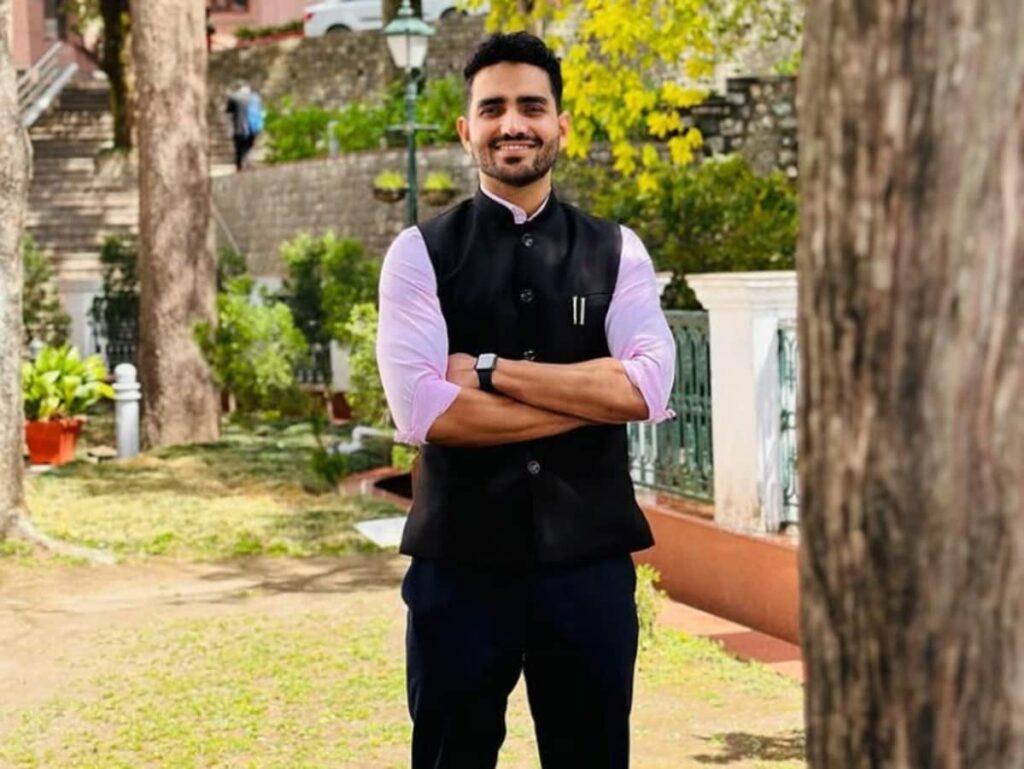Becoming an Indian Administrative Service (IAS) officer is a prestigious achievement in India. It represents not only academic excellence but also a commitment to public service and national development. Many aspirants face numerous challenges in their journey to clear the UPSC exams. One inspiring story is that of Ravi Sihaag, who secured an impressive All India Rank of 18 in his fourth attempt at the UPSC exams while studying in Hindi medium. His success story serves as a beacon of hope and encouragement for many who aspire to follow in his footsteps.
A Journey Marked by Determination
Ravi Sihaag’s path to success was far from easy. Like many IAS aspirants, he encountered failures and setbacks along the way. However, what set him apart was his unwavering determination and structured approach to preparation. Here, we delve into the key elements that characterized his successful journey:
1. Early Preparation
Starting early is crucial for success in the UPSC examinations. Ravi realized the importance of a structured preparation timeline. He began his preparation well in advance, which enabled him to cover the vast syllabus in a systematic manner. Early preparation also helped him develop the necessary analytical skills essential for the exams.
2. Effective Study Materials
Choosing the right resources is vital for UPSC aspirants. Ravi utilized a combination of NCERT textbooks, standard reference books, and current affairs resources. He particularly emphasized studying in Hindi, which helped him not only in understanding complex topics better but also in enhancing his confidence during the examination.
3. Mock Tests and Feedback
Practice makes perfect, and Ravi incorporated regular mock tests into his preparation schedule. By simulating exam conditions, he was able to assess his strengths and weaknesses. Feedback from these tests helped him refine his exam strategy and time management skills.
4. Building a Support System
A supportive network can greatly impact an aspirant’s journey. Ravi surrounded himself with peers and mentors who provided guidance, motivation, and constructive criticism. This network played a crucial role in keeping him motivated during challenging times.
5. Managing Mental Health
Preparing for UPSC is not just about academic diligence; it also involves managing stress and maintaining mental well-being. Ravi practiced mindfulness techniques and engaged in physical activities to cope with the pressures of preparation. Ensuring a balance between study and relaxation proved beneficial in maintaining focus.
Overcoming Challenges
Throughout his preparation, Ravi faced numerous obstacles, including self-doubt and financial constraints. However, his relentless pursuit and resilience helped him overcome these challenges. He shared his experiences in various forums, providing insights and tips for other aspirants, particularly those from Hindi medium backgrounds.
Conclusion
Ravi Sihaag’s success in the UPSC examination is a testament to the power of perseverance, strategic preparation, and the importance of self-belief. His story underscores that with the right approach, even aspirants from Hindi medium can excel in a competitive landscape dominated by English-medium materials. By sharing his journey, Ravi not only achieved his dream of becoming an IAS officer but also inspired countless others to pursue their ambitions without the fear of failure.
